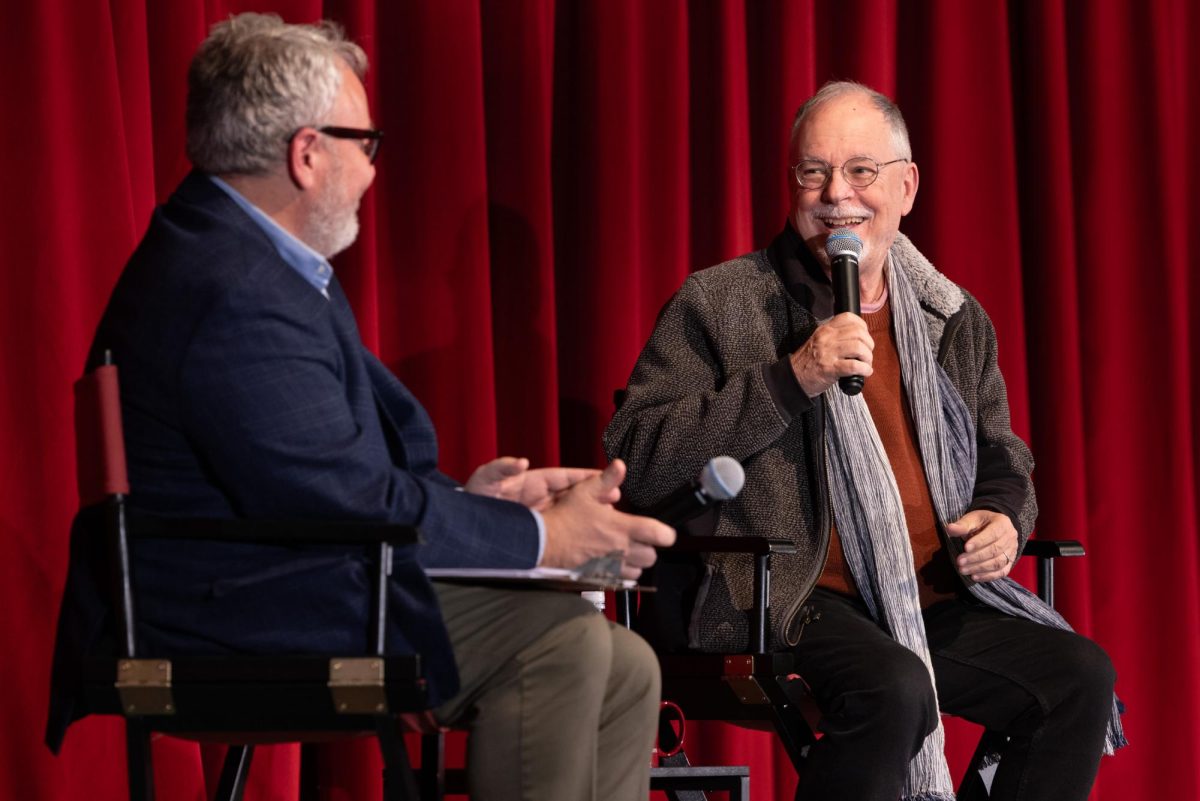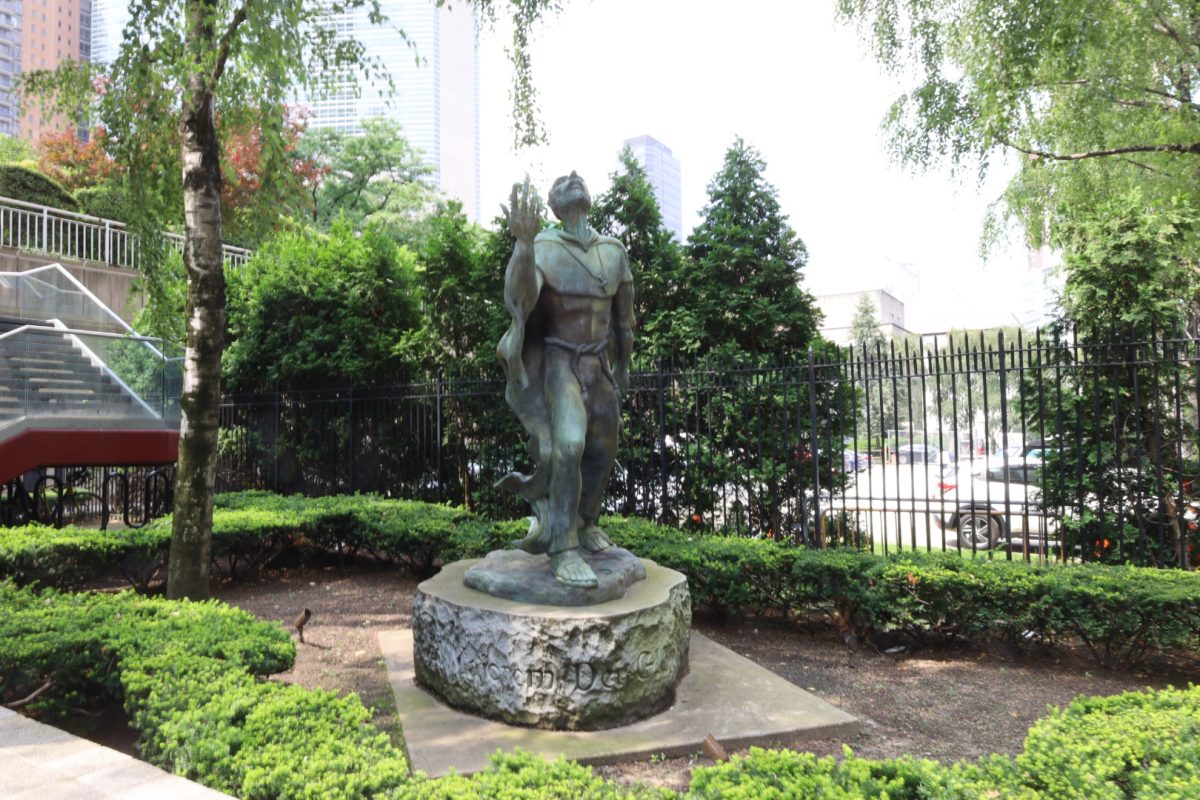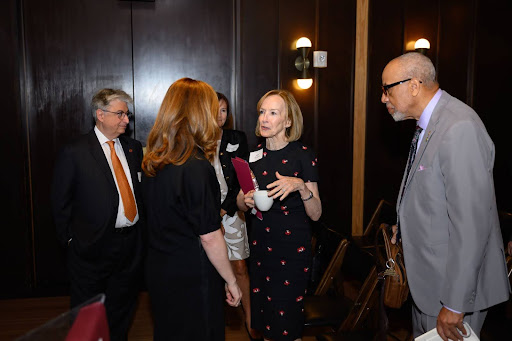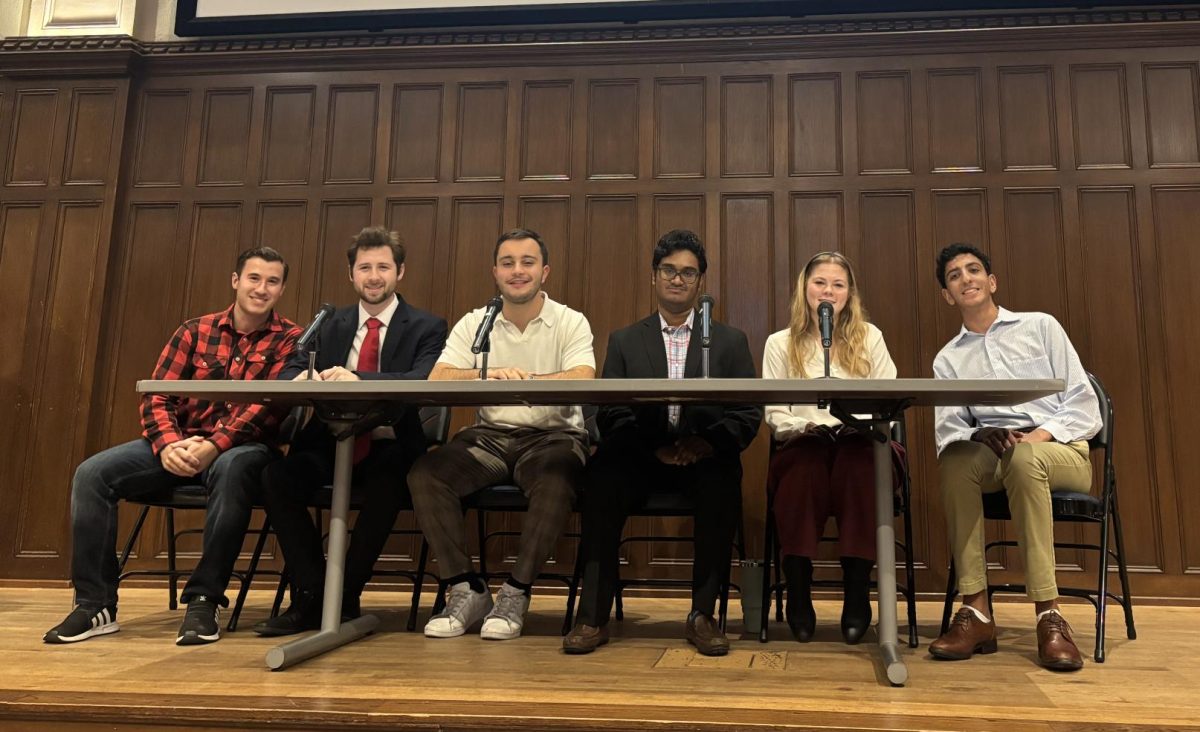By Joe Vitale
The Fordham student who inquired about contraception was not surprised when, within a moment’s time, she was given a hailstorm of reasons why the matter could not be discussed.
The staff doctor at Rose Hill’s infirmary told the student she was too young to begin taking birth control. Plus, to be unmarried and taking the pill, the doctor told her, would be against Catholic Church teachings. Providing her any information, he said, would be placing himself at the center of illicit extramarital relations.
The student would have to seek advice beyond the campus gates.
This, at least, was according to an unnamed student who spoke with a reporter from The Fordham Ram in 1967.
She was relaying an interaction with which many female students were familiar while attending Thomas More College, Fordham’s women’s college, which had opened only three years earlier.
With around 700 women on campus, the matter was taking a toll on the growing population of female students at Rose Hill, though it would not be long before students took action.
Either out of frustration or necessity — though likely both — a group of sophomore students circulated a petition requesting that a qualified doctor be available for information regarding contraceptives.
During the first week, the petition made the front page of The Ram in an article written by student Leo M. J. Mangalviti.
Along with general concerns about health, The Ram cited “a recent rash of pregnancies on the campus as motivation behind the student project,” though no numbers could be confirmed.
Still, this newspaper reported that there had been 175 signatures within just a few days. Many of the signees — all women — sympathized with the account of the student who was denied information by Fordham’s staff doctor.
Additionally perplexing for the students, The Ram reported there was “much confusion and ignorance about conception which can result in unwanted pregnancies.”
Students in support of the petition suggested that it would be wiser and safer to help female students seek contraception, rather than “to try to solve the problem after it happened.”
Many students, including this newspaper’s editorial board, felt that proper information about contraceptives was vital for female students.
“Those who need help in this realm should be able to turn to the university community, for it is in this community that they have immersed themselves — a community which seeks to foster their development as a whole educated person,” the editorial stated. “We are not advocating promiscuity. We are not making a value judgement on the act itself. But to refuse information, or the channels to it is to only compound an existing problem.”
The petition appeared to be met with questions — though not outright denial — from both Dr. Martin Meade, the then-acting dean of Fordham College, as well as Dr. Patricia Plante, the then-acting dean of Thomas More College.
Just before students broke for summer recess, however, the university complied and the story landed on the front page of the May 11, 1967 edition of The New York Times, under the headline “Fordham to Give Seminars on Sex.”
“Fordham University will begin a program of ‘full and candid’ sex education in the fall, including lectures on contraceptive devices,” the article stated.
The announcement was made during a meeting in Keating Hall between a group of students and Dean Meade.
All discussions and talks, the university said, would follow the theme “The Permanent Relation Between Mature Man and Mature Woman” and speakers would include psychiatrists, sociologists, physiologists and theologians.
The New York Times reiterated that the program did not mean a departure from the Church’s teachings. Still, Fordham’s program would include “information on contraceptive devices as part of the whole series of sex education.”
Fordham would go on to be the first major Roman Catholic school to undertake what it called a “frank discussion of sex.”
Citing the story explained in The Ram, one student who helped organize the petition told The New York Times: “That’s why there’s a need for a birth-control educational program.”
“We shouldn’t be uninformed,” the student said. “We should know.”
Rose Hill in Retrospect: A column about the people and events that shaped Fordham’s history.
Have a story idea? Email: [email protected]








































































































































































































